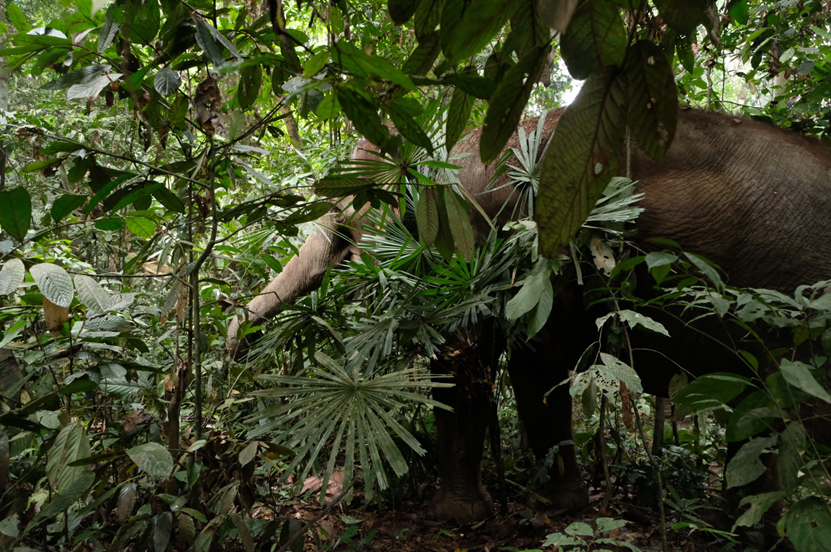
Not long time ago, most terrestrial ecosystems were dominated by megafauna – very large herbivores and carnivores that exerted strong top-down influence on ecosystem function. Many of these megafauna species disappeared at the end of the Late Pleistocene (~15,000 years ago), and those that survived to our days occur now in small and fragmented populations threatened by negative interactions with people (hunting, habitat loss, and human-wildlife conflicts). In the Anthropocene, it is important to understand how to coexist with megafauna and the ecological consequences of their local loss or recovery. This is particularly true in Southeast Asia and the Western Himalayas, the global hotspot for threatened megafauna.
The Megafauna Ecology and Conservation group (MEC) was formed in March 2020. MEC is the youngest research group in CAS’ Southeast Asia Biodiversity Research Institute (SEABRI) and XTBG’s Center for Integrative Conservation (CIC). Our mission is to generate useful knowledge and translate it to the policy and practice domains for the conservation of Asia’s megafauna beyond the 21st century.
MEC core research themes are:
1. Megafaunal ecological function: we study the ecological impacts of Asian elephants (Elephas maximus) and other large herbivores on tropical Asian ecosystems through processes such as herbivory and seed dispersal.
2. Human-wildlife conflicts and coexistence: we also study the drivers of human-wildlife conflicts and how to mitigate their negative impacts on both people and wildlife as a way to promote human-wildlife coexistence.
Group Leader: Prof. Ahimsa Campos-Arceiz

